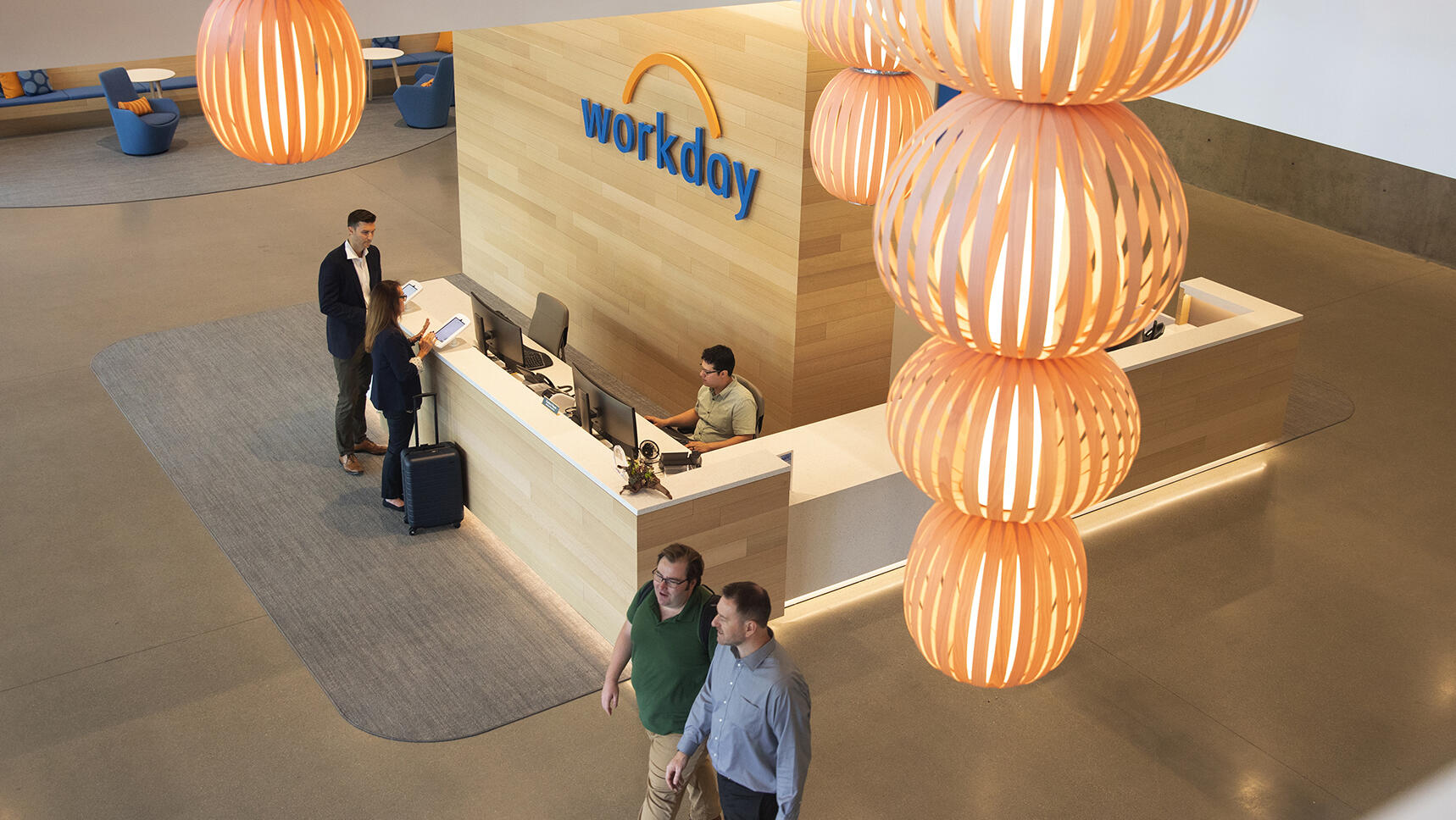Human Resources-focused Workday has reached a deal to acquire Swedish tech company Sana for US$1.1 billion (A$1.65 billion), marking its third major deal in what's shaping up to be quite the shopping spree.
The acquisition positions the enterprise software giant to grab serious market share in enterprise knowledge tools valued at $8.16 billion in 2025 and projected to hit $30.77 billion by 2034.
Workday reported subscription revenues of US$2.169 billion in Q2 - up 14% year-over-year - with total revenues hitting $2.348 billion.
Cash reserves sit pretty at $8.19 billion as of 31 July 2025, making this all-cash transaction barely register on the balance sheet.
The Sana acquisition caps off a remarkable few months that saw Workday acquire Paradox for approximately $1 billion in August, targeting high-volume frontline hiring.
Paradox's automated conversation platforms have processed over 189 million candidate interactions while achieving conversion rates exceeding 70% and slashing time-to-hire to just 3.5 days.
"Sana's team, approach, and design perfectly align with our vision to reimagine the future of work," Workday Product and Technology President Gerrit Kazmaier said.
"[The deal] will make Workday the new front door for work, delivering a proactive, personalised experience."
The Sana transaction should close in Q4 of Workday's fiscal 2026, putting the company on track to integrate the three major acquisitions within a six-month window.
Sana's Stockholm credentials
Founded in 2016 by Joel Hellermark, Stockholm-based Sana has built something worth buying with two core products - Sana Learn and Sana Agents.
The products serve over one million users across hundreds of enterprises, including Merck, Hinge Health, and Electrolux, demonstrating the kind of results that get CFOs reaching for their chequebooks.
Sana Learn tackles corporate training by combining learning management, content creation, and personalised tutoring in a platform that generates courses, videos, and assessments automatically.
This enables organisations to build training programmes in days rather than months, whilst Sana Agents automates repetitive tasks through systems that search across company data sources, summarise insights, and execute workflows.
The proof points tell a compelling story: an American manufacturer achieved up to 95% time savings, a multinational industrial technology company experienced 90% productivity gains, and a global law firm saw over 60% time savings with 200% increased efficiency using Sana's tools.
Before Workday came calling, Sana had raised US$137 million in funding, including a US$55 million Series C round in October 2024 that valued the business at US$500 million, making Workday's offer a 120% premium.
"Our focus has always been on creating intuitive tools that improve how people learn and work," Sana CEO Joel Hellermark said.
"[We're] bringing these tools to 75 million Workday users."
Market timing
The enterprise knowledge tools market expanded from $6.05 billion in 2024 to an estimated $6.99 billion in 2025 - that's 19.1% compound annual growth.
Large enterprises account for 59.9% of adoption, while 82% of major companies are expected to invest in automated HR analytics platforms by the end of 2025.
Industrial analyst Josh Bersin summed up the strategic importance, noting that “Sana pioneered intelligent automation and learning at scale”.
"This gives Workday customers the opportunity to completely transform how their employees learn, grow, and operate,"
In tandem, the Paradox deal is seen as establishing the company as a leader in high-volume, front-line hiring, which covers 70% of the jobs in the world.
Workday's acquisition blitz positions it to ride the enterprise software market's consolidation around platforms that can do everything rather than forcing companies to juggle multiple vendors.
This enhances competitive positioning against Microsoft, Oracle, and SAP through cloud-native architecture advantages that legacy systems still struggling with dial-up modem thinking simply cannot match.
Private equity firm Thoma Bravo's US$12.3 billion acquisition of Dayforce in August is just one example of the sustained appetite for HR technology platforms, and when PE giants start writing ten-figure cheques, you know the market's got serious legs beneath it.



